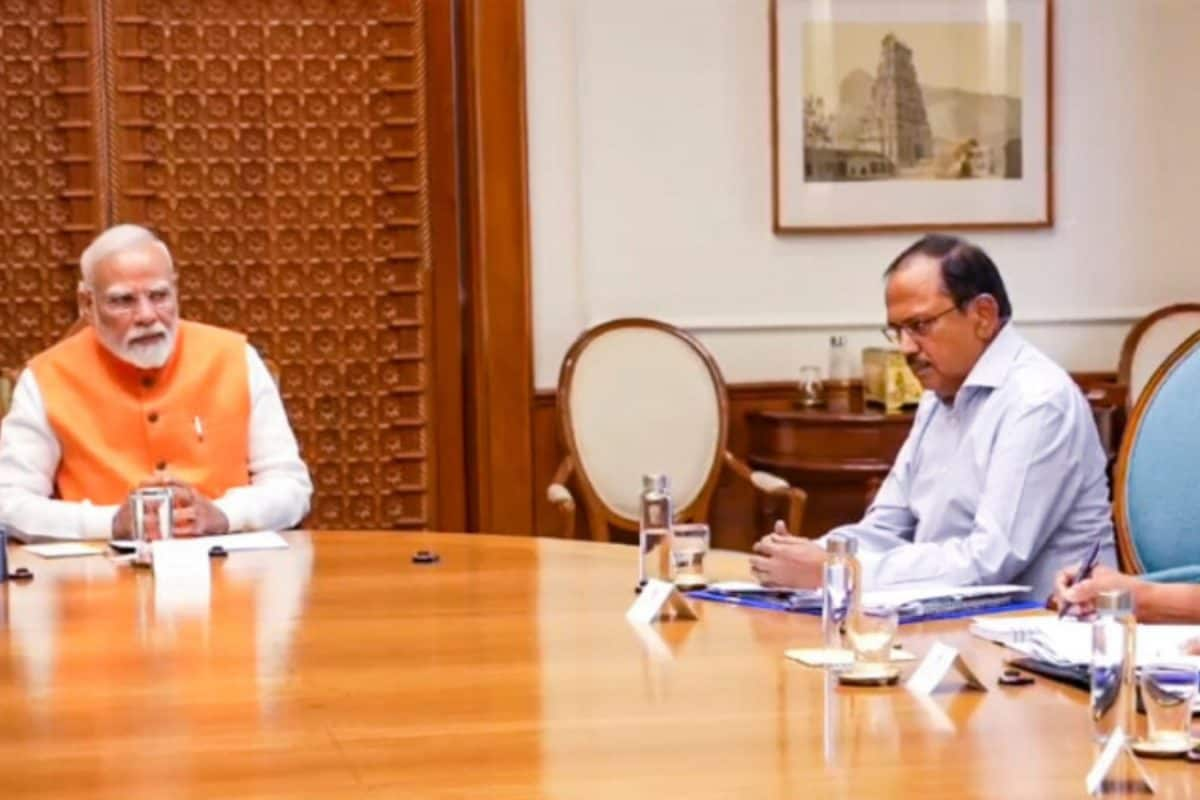

In the wake of the deadly terror attack in Pahalgam, Jammu and Kashmir on April 22, 2025, Prime Minister Modi has held a second meeting with National Security Advisor (NSA) Ajit Doval within 24 hours, indicating the gravity of the situation and the urgency of the government's response. The attack, which took place in the Baisaran Valley, a popular tourist spot, resulted in the loss of 26 lives, including 25 tourists and one local resident.
The Prime Minister's continued engagement with the NSA underscores the government's commitment to addressing the security challenges in the region and ensuring that those responsible for the attack are brought to justice. The details of the meeting have not been disclosed, but it is likely that discussions revolved around the security situation in Jammu and Kashmir, the ongoing investigation into the attack, and potential measures to prevent future incidents.
The Pahalgam attack has drawn widespread condemnation, with the United Nations Secretary-General António Guterres denouncing the targeting of civilians and calling for accountability. The attack has also heightened tensions between India and Pakistan, leading to a series of diplomatic and economic measures by India, including the suspension of trade and postal services.
Initial reports suggested that the Resistance Front, believed to be an offshoot of Lashkar-e-Taiba, claimed responsibility for the attack but later retracted the claim. However, recent reports indicate that the terrorists involved had received military training in Pakistan. According to sources, one of the key figures, Hashim Musa, had previously served as a para-commando in Pakistan's Special Service Group before joining Lashkar-e-Taiba. Security agencies believe Musa is currently in hiding in the forests of South Kashmir, and a large-scale operation has been launched to apprehend him.
The attack has triggered a wave of anti-Pakistan sentiment in India, with many calling for strong action against those responsible. Former US National Security Advisor John Bolton has stated that India is "entitled to retaliate and try to eliminate terrorist threats". However, he also urged restraint and suggested exhausting all diplomatic avenues before resorting to military action.
In the aftermath of the attack, the Union Home Ministry has directed several states to conduct mock drills to prepare civilians for potential hostile attacks. These drills will include the operationalization of air raid warning sirens, training on civil defense protocols, and implementation of blackout procedures. The National Investigation Agency (NIA) is currently investigating the attack and has questioned numerous locals as part of their probe.